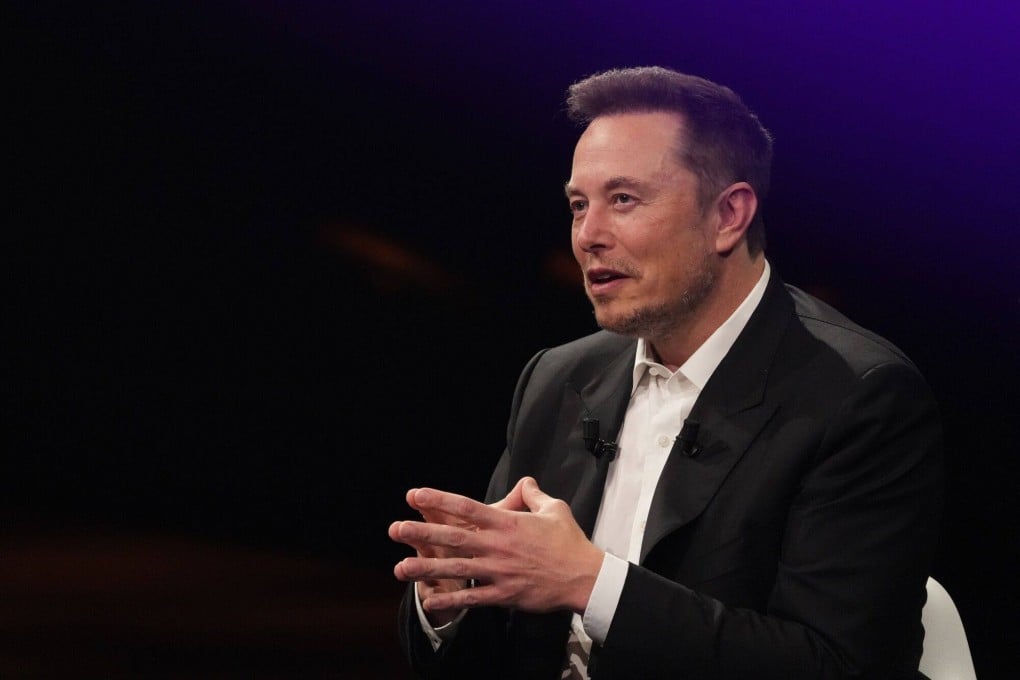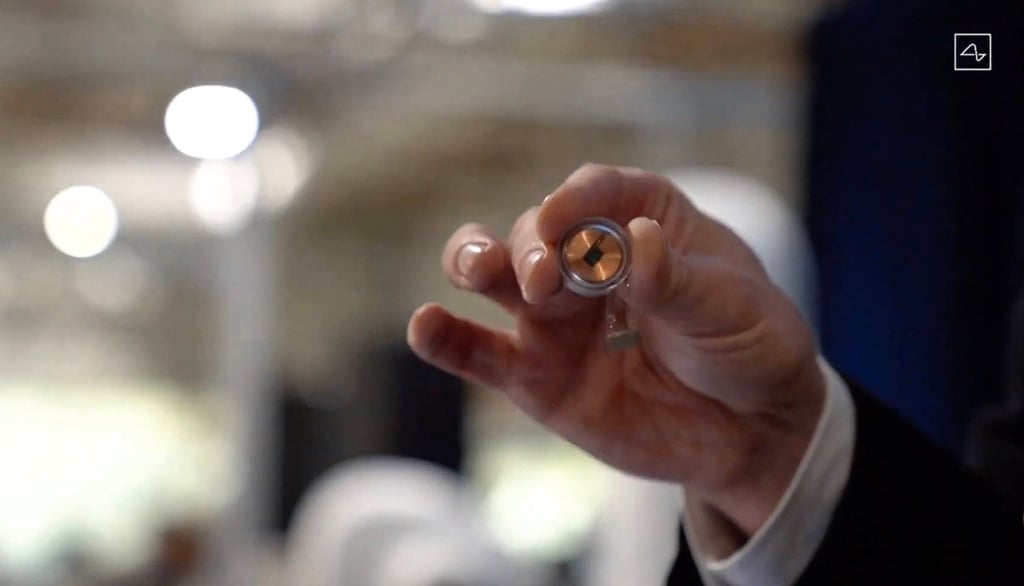Advertisement
Elon Musk expects brain chip start-up Neuralink to start its first human trial later this year after receiving US government approval
- Neuralink co-founder Elon Musk said the company plans to implant a tetraplegic or paraplegic patient
- The US Food and Drug Administration has cleared the start-up for its first-in-human clinical trial, despite an investigation over animal experiments
Reading Time:3 minutes
Why you can trust SCMP

Billionaire technology entrepreneur Elon Musk expects his brain-chip start-up Neuralink to start its first human trial this year, he said on Friday in France.
Speaking at the VivaTech event in Paris, Neuralink co-founder Musk said the company plans to implant a tetraplegic or paraplegic patient during a webcast monitored by Reuters.
While he did not specify how many patients his company would implant or for how long, “it’s looking like the first case will be later this year”, said Musk, who is also chief executive of electric carmaker Tesla and rocket launch company Space Exploration Technologies Corp. Earlier this month, Musk stepped down as head of social media platform Twitter.
Advertisement
Last month, Neuralink said it received US Food and Drug Administration (FDA) clearance for its first-in-human clinical trial, a critical milestone for the start-up as it faces an investigation in the country over its handling of animal experiments.

The FDA acknowledged in an earlier statement to Reuters that the agency cleared Neuralink to use its brain implant and surgical robot for trials, but declined to provide more details.
Advertisement
Advertisement
Select Voice
Choose your listening speed
Get through articles 2x faster
1.25x
250 WPM
Slow
Average
Fast
1.25x